Institute for Liberal Arts News
News Archives
-
November 7, 2025
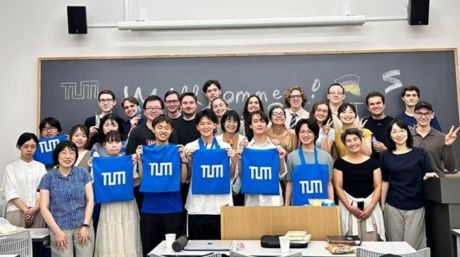
Building Global Leadership through Hands-on Practice and Intercultural Exchange
-
October 25, 2024
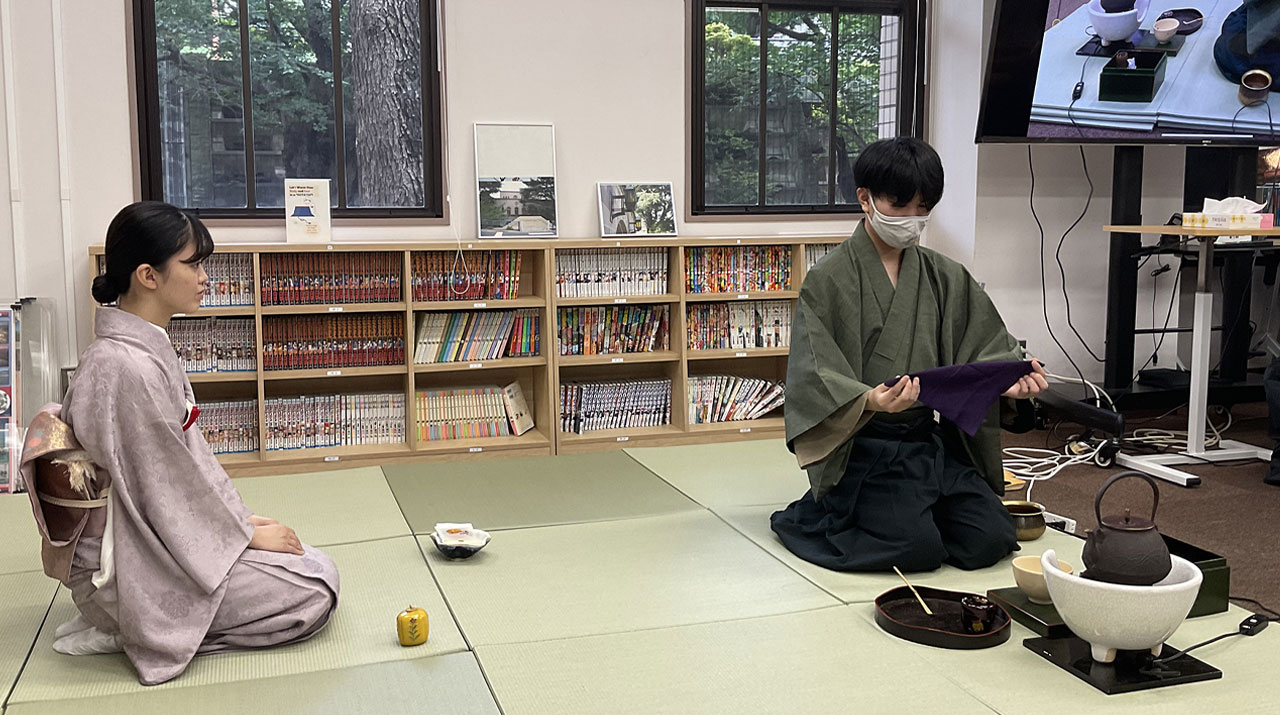
International students enjoy tea ceremony event
-
October 18, 2023
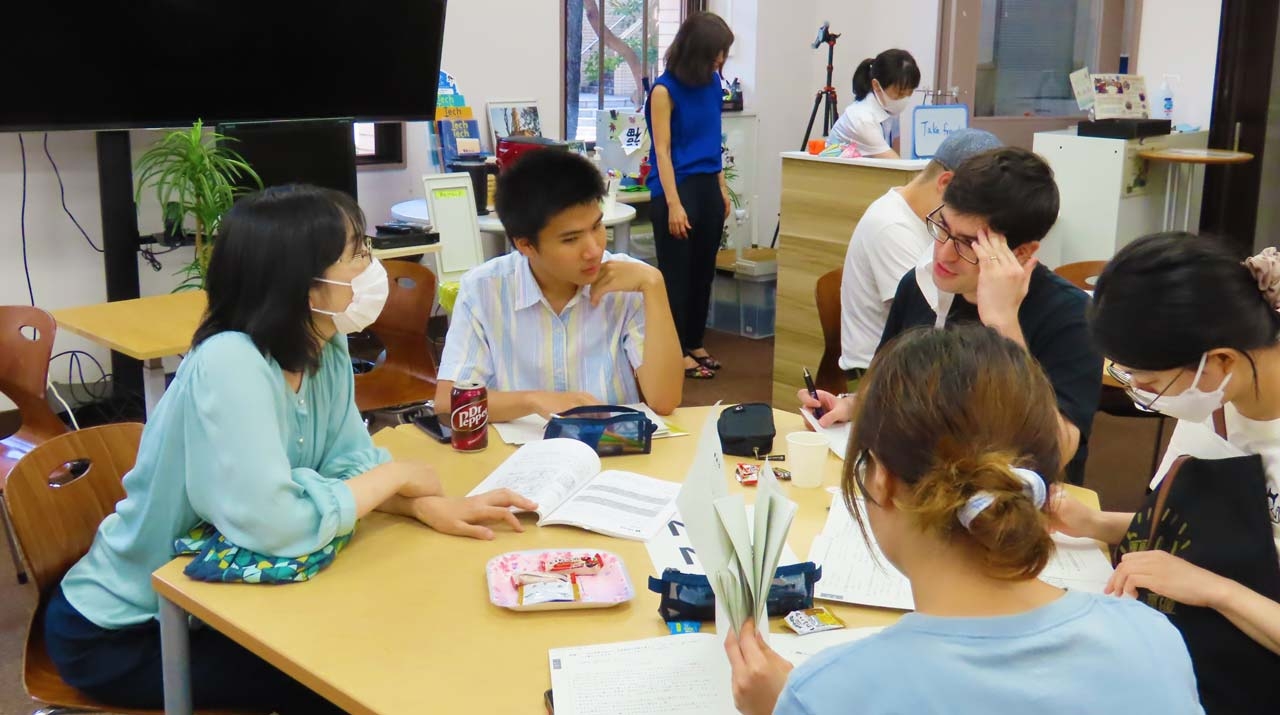
Japanese Section hosts mock Japanese Language Proficiency Test for international students in academic year 2023
-
September 13, 2023
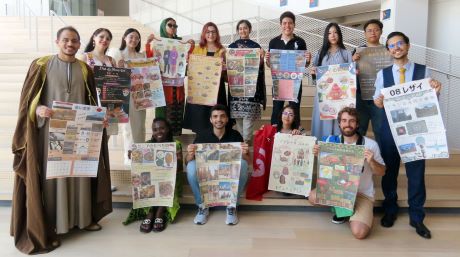
International students complete Intensive Japanese Course with poster presentations
-
August 24, 2023
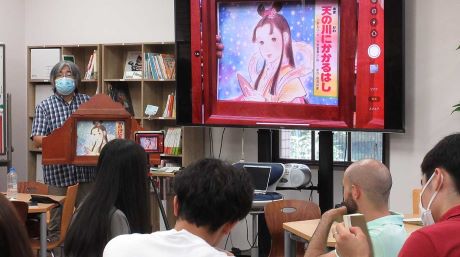
First in-person Star Festival event in four years at Japanese Section
-
June 21, 2023
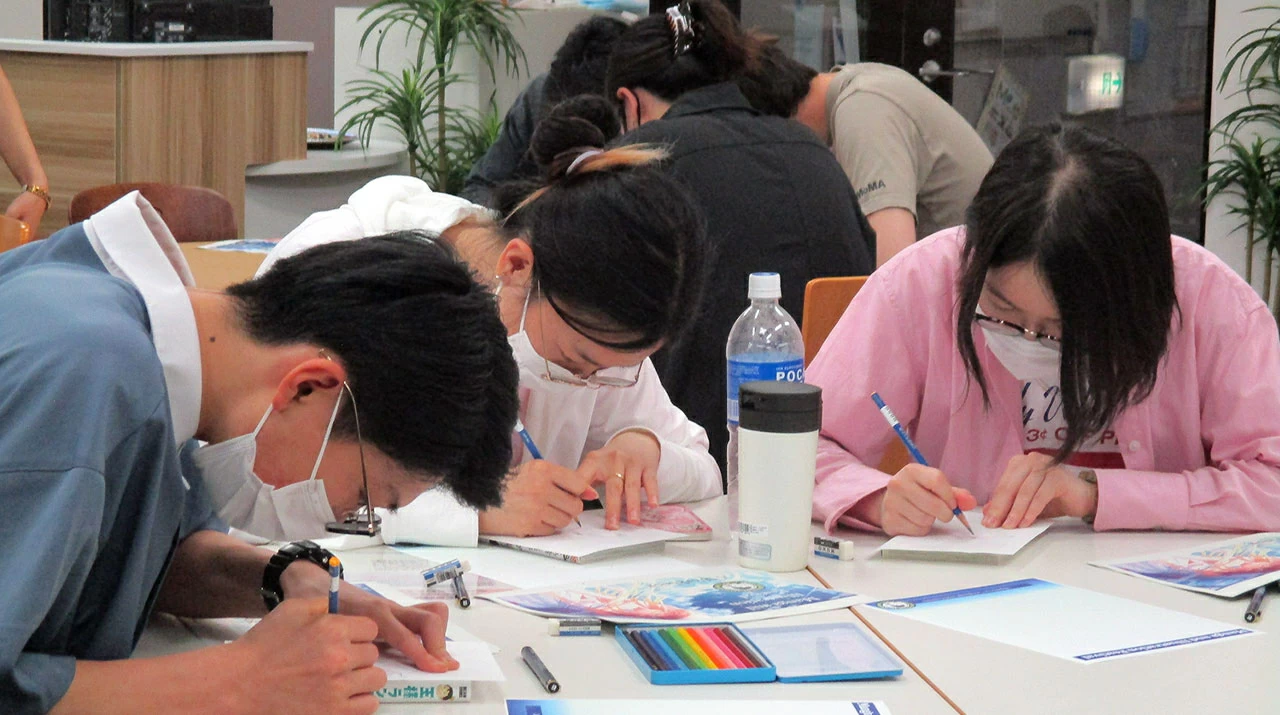
International students enjoy Manga and Illustration Festival
-
March 22, 2023
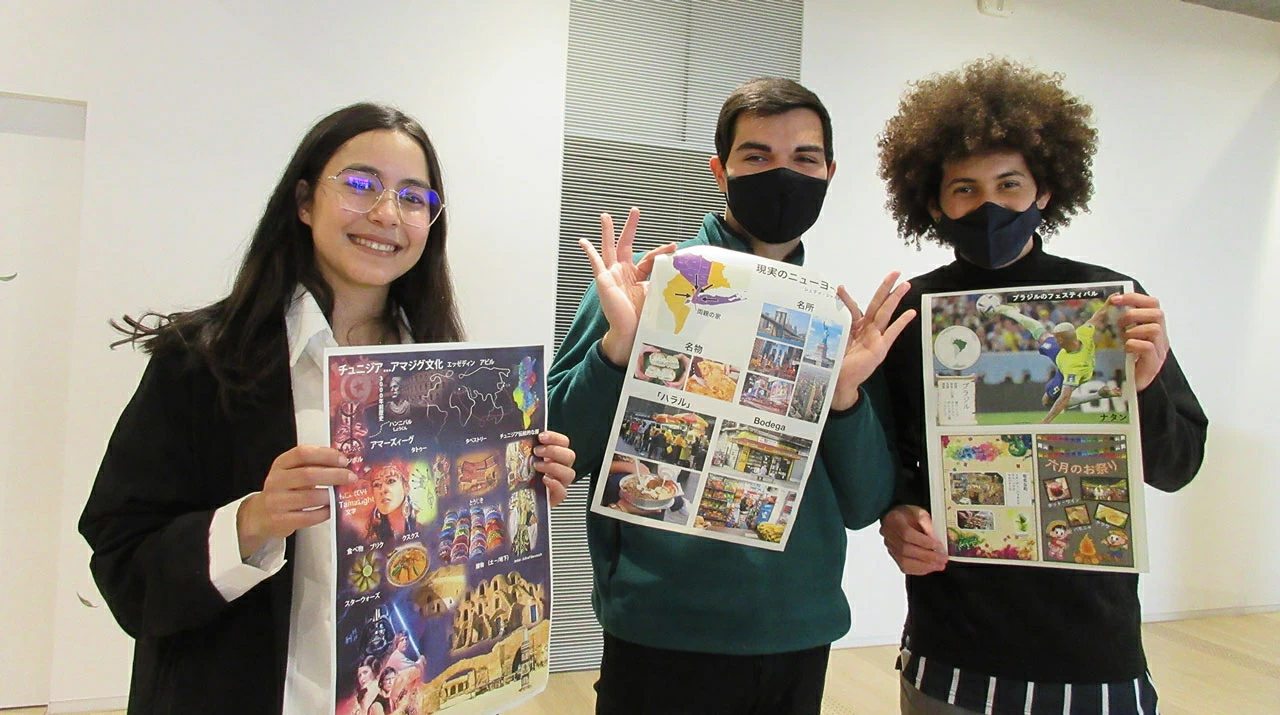
International students give final presentations to youngsters upon completion of Japanese courses
-
February 24, 2023
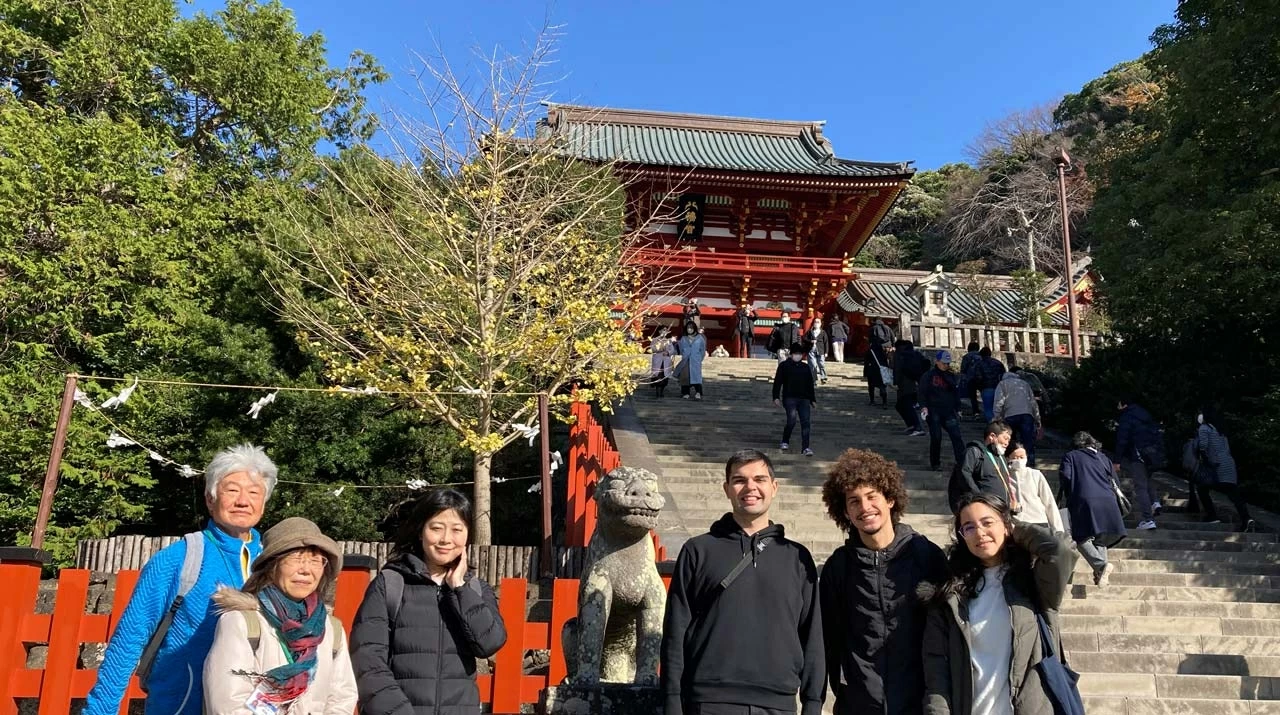
International students in Intensive Japanese Course tour Kamakura
-
October 18, 2022
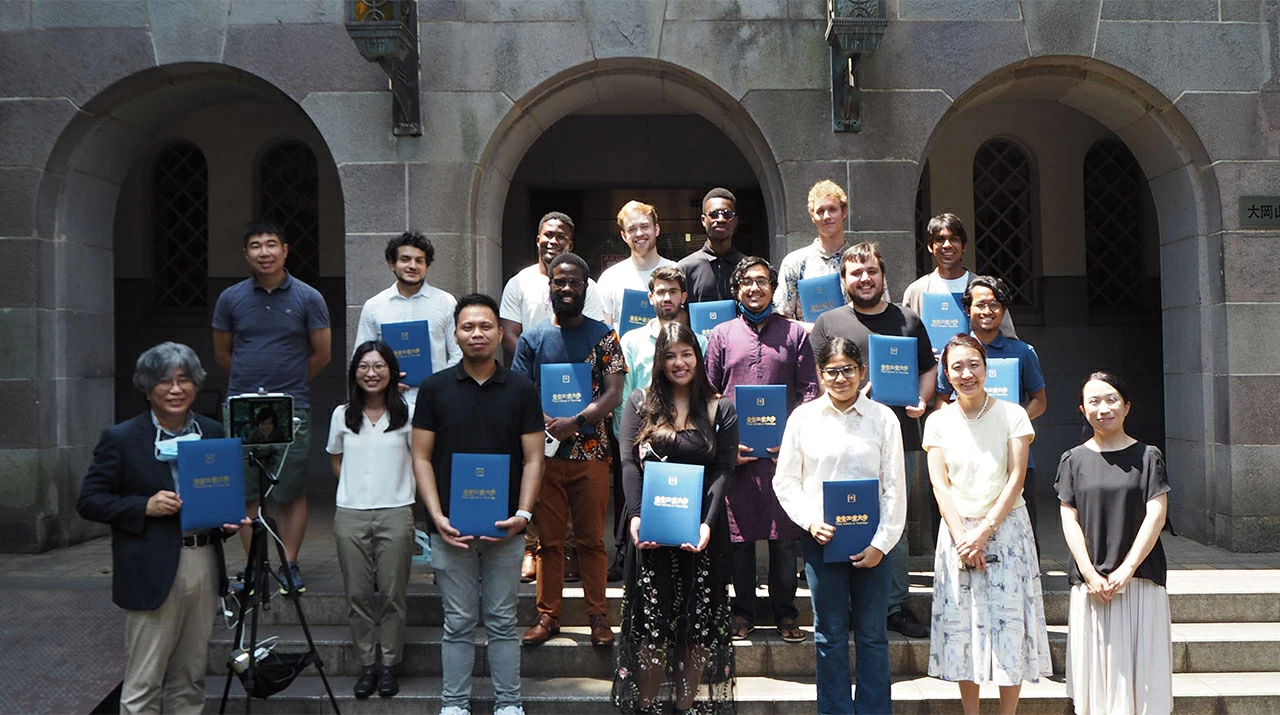
Fifteen international students complete Intensive Japanese Course
-
June 2, 2022
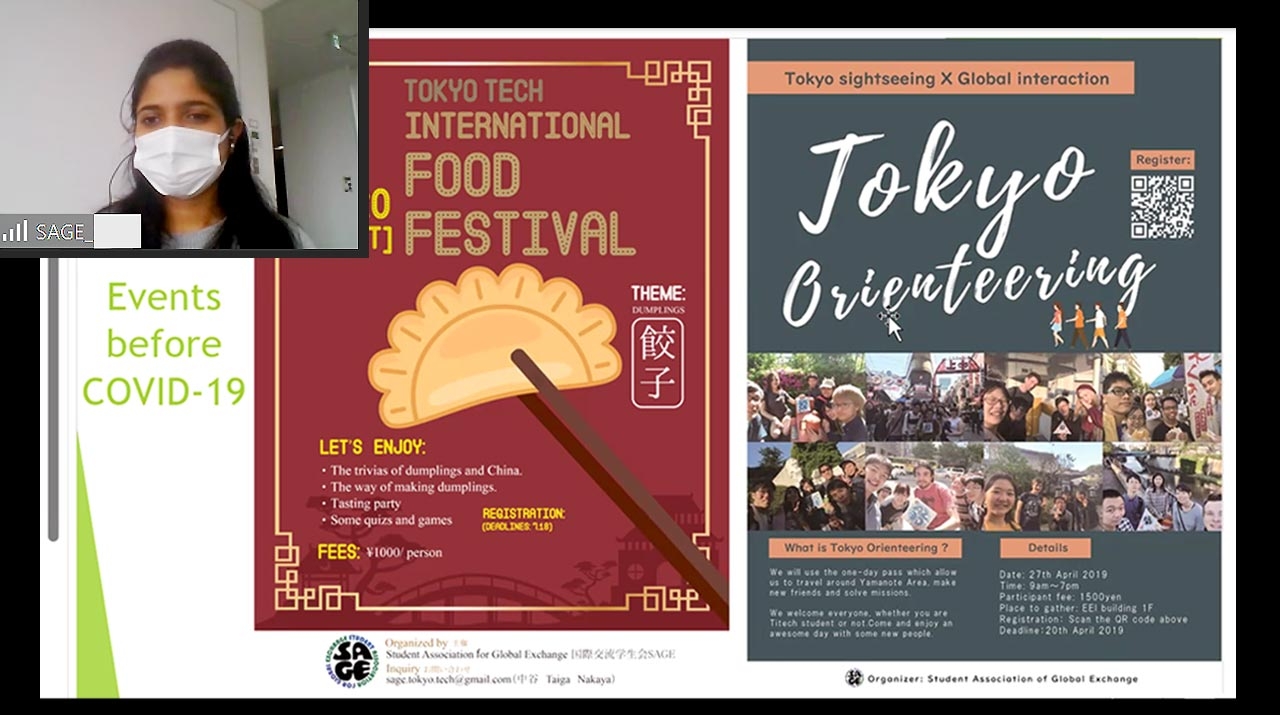
New international students of spring 2022 join Welcome Coffee Hours
-
May 25, 2022
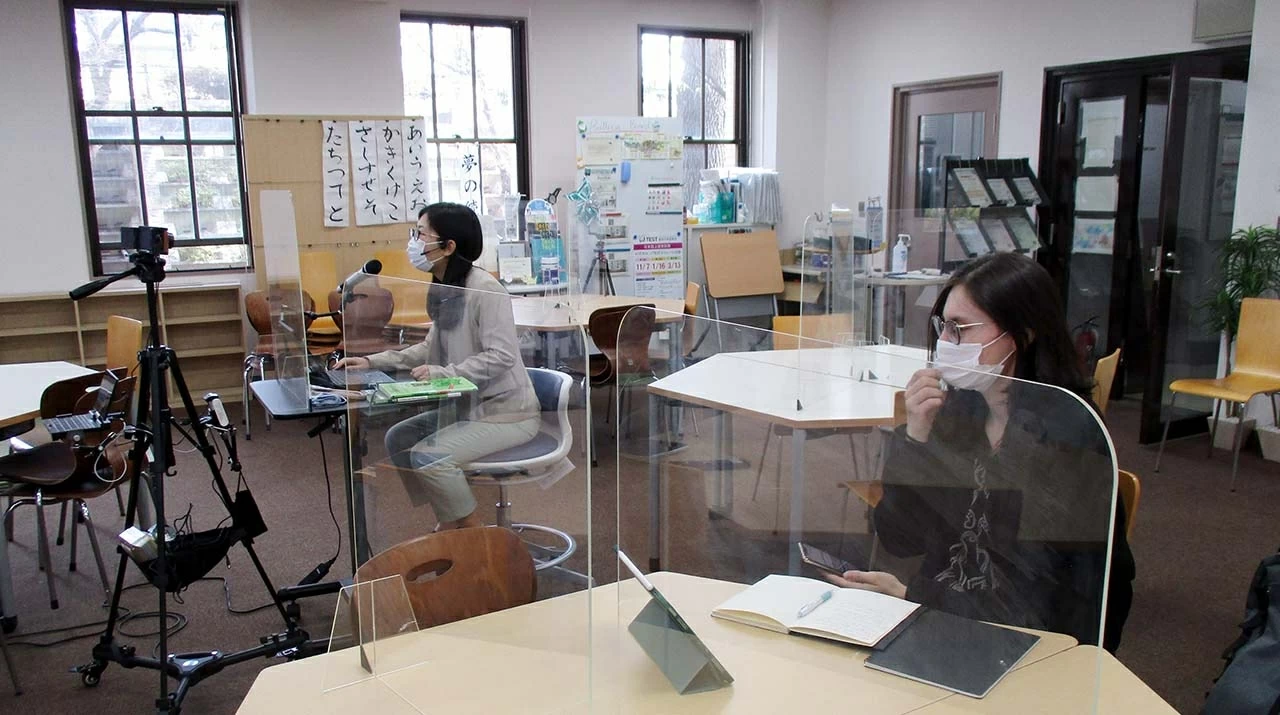
International students learn about JLPT in Japanese Section info session
-
May 20, 2022
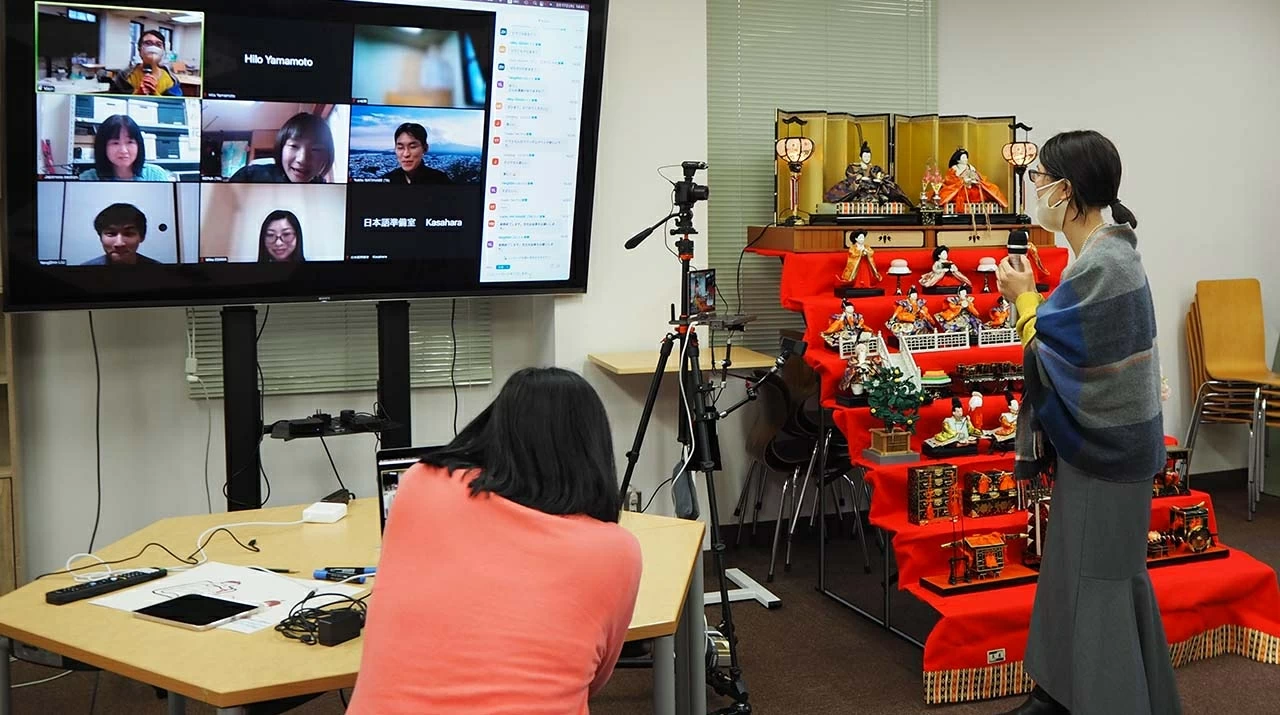
Online Hinamatsuri 2022 immerses students in culture and language
-
March 11, 2022
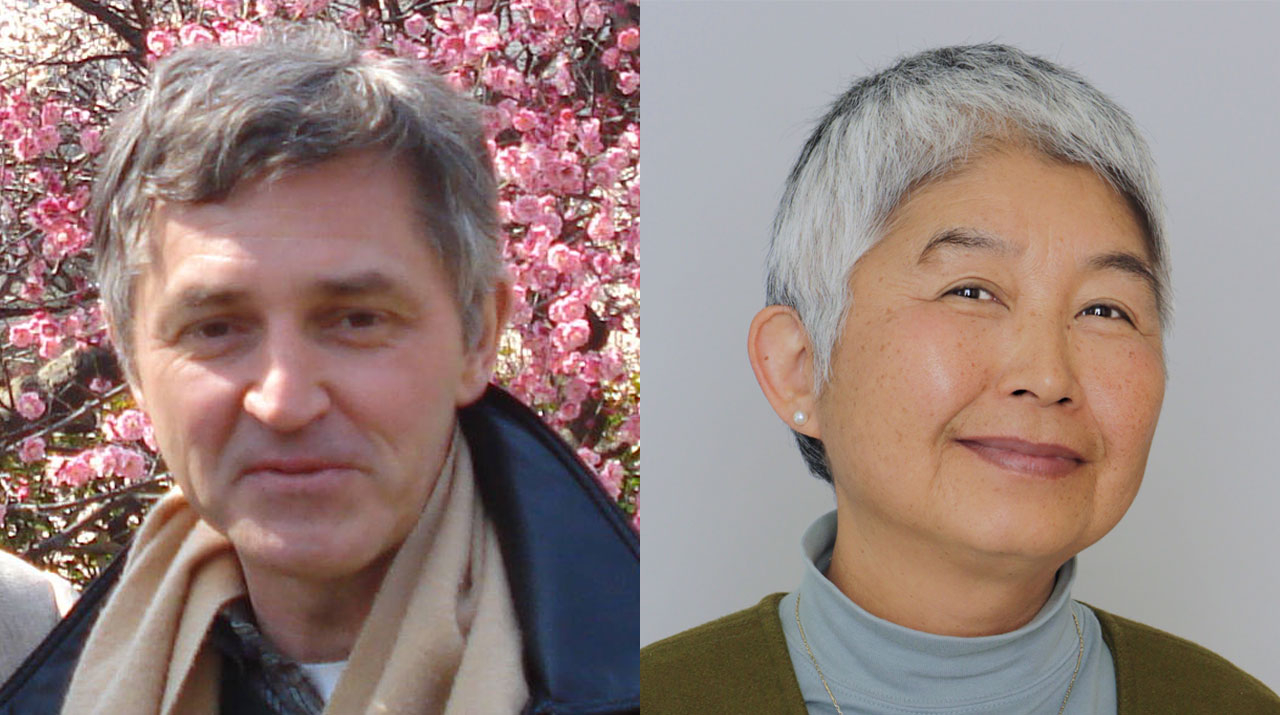
The Audibility of Strangers: Music and Disparate Japanese Communities in Prewar "White Australia."
-
February 25, 2022
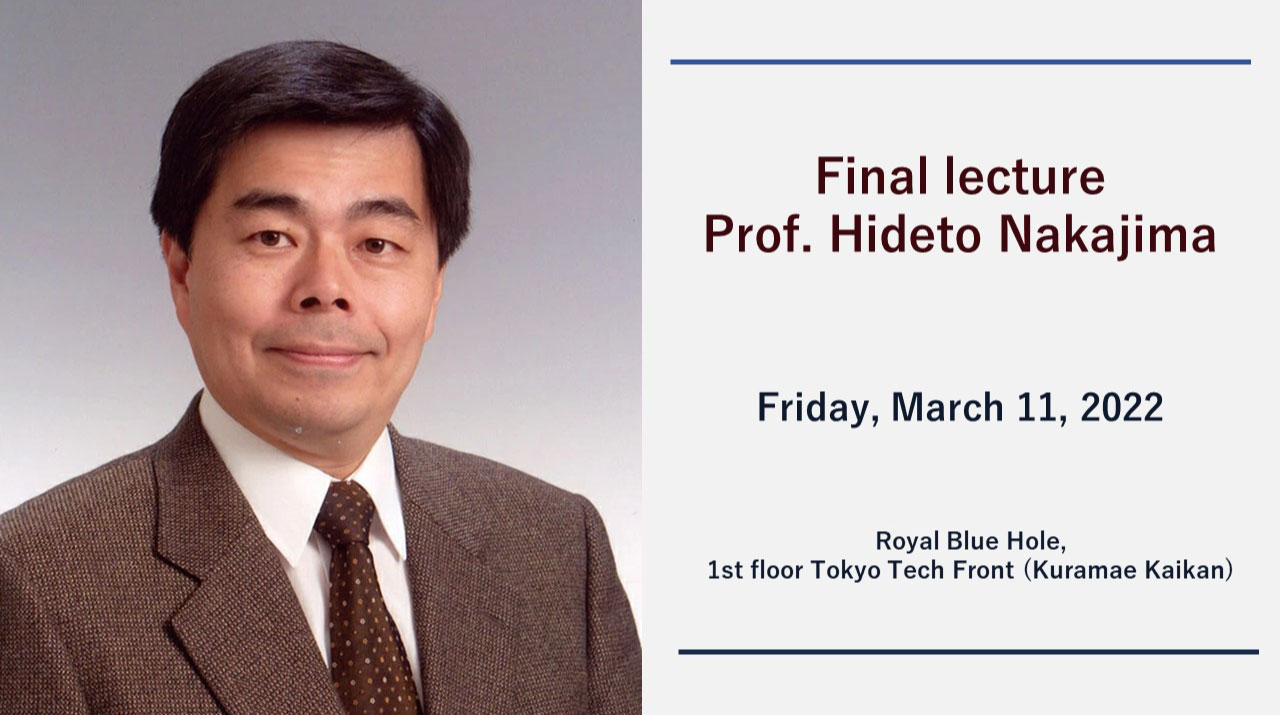
Final lecture of Prof. Hideto Nakajima
-
February 21, 2022
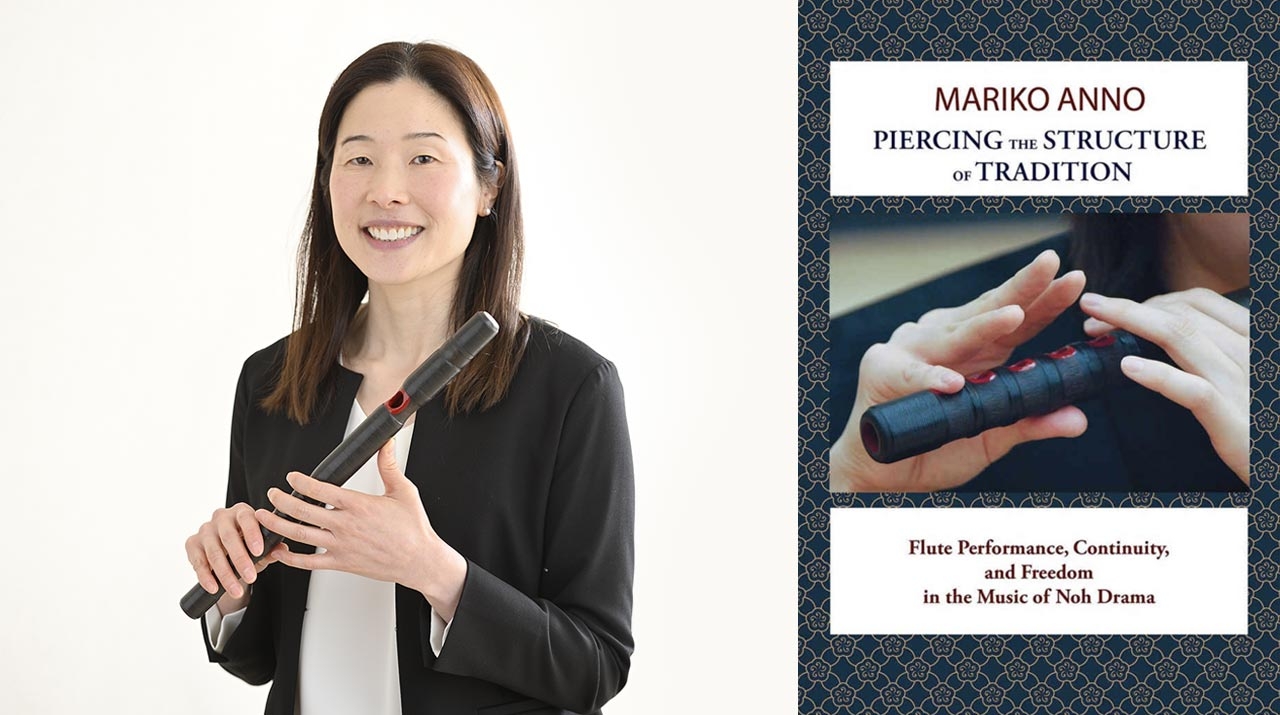
Report on Tokyo Tech ANNEX Berkeley Colloquium: Piercing the Structure of Tradition
-
January 19, 2022
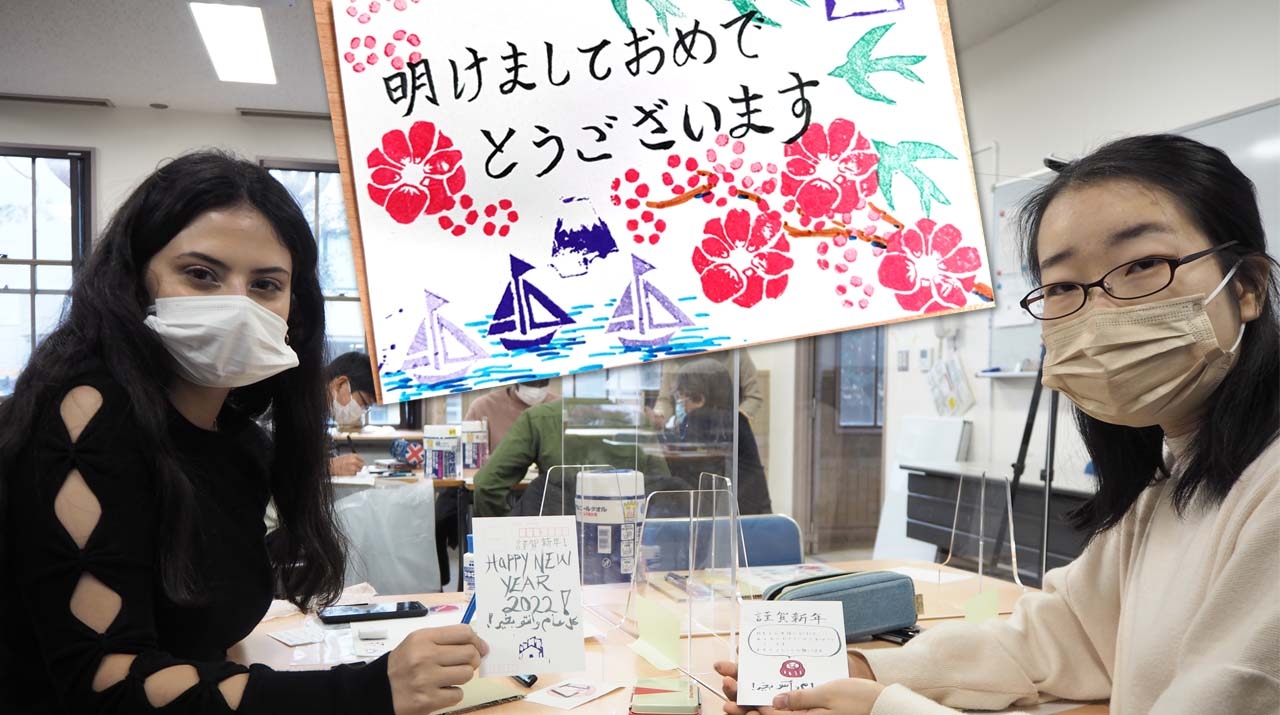
New Year's card workshop offers students much-needed social activity
-
January 17, 2022
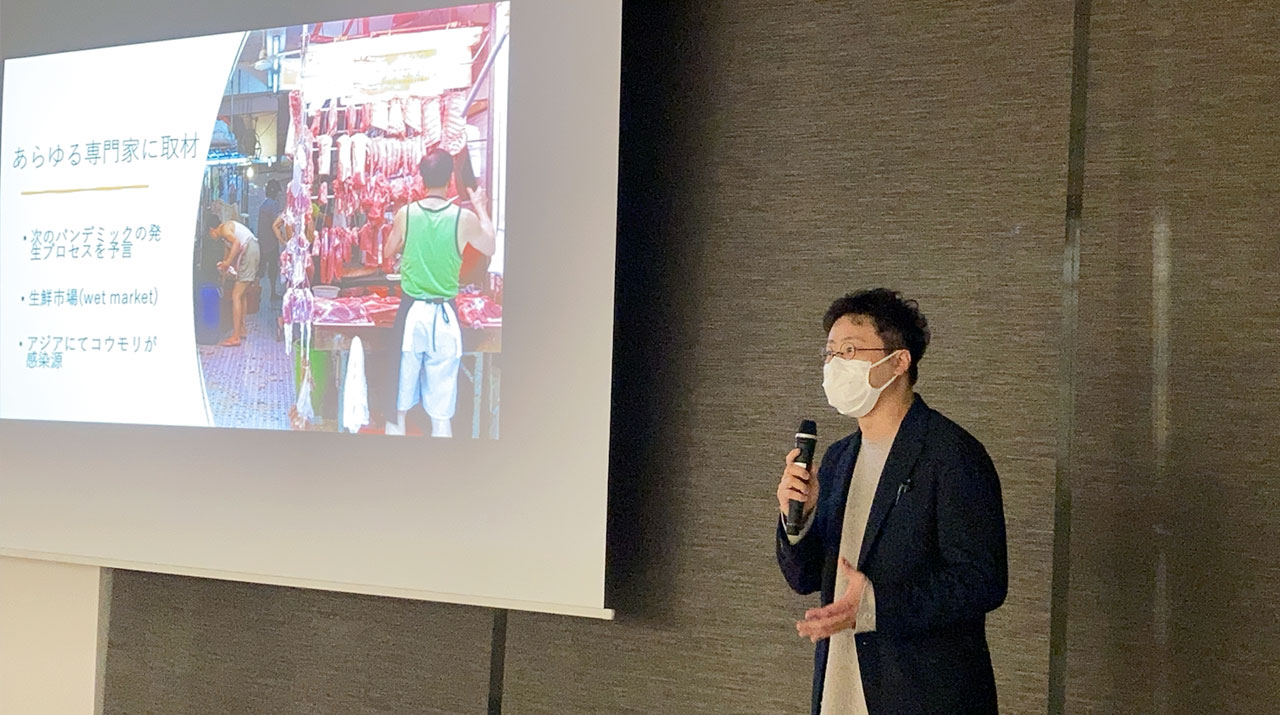
Movie Seminar restarts after two-year break
-
December 24, 2021
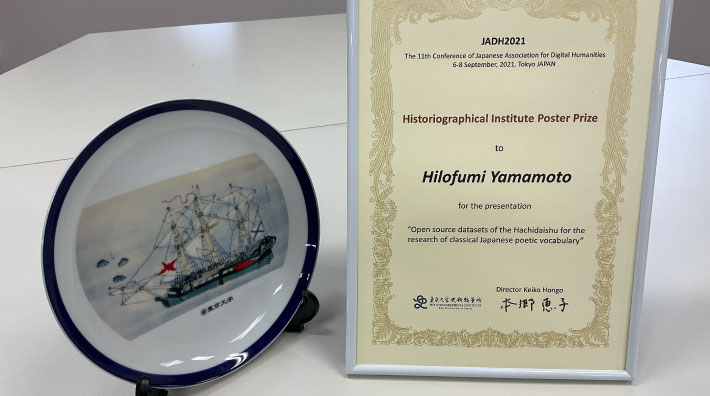
Professor Yamamoto and his colleagues received the Digital Humanities Historical Institute Poster Award from the University of Tokyo
-
November 11, 2021
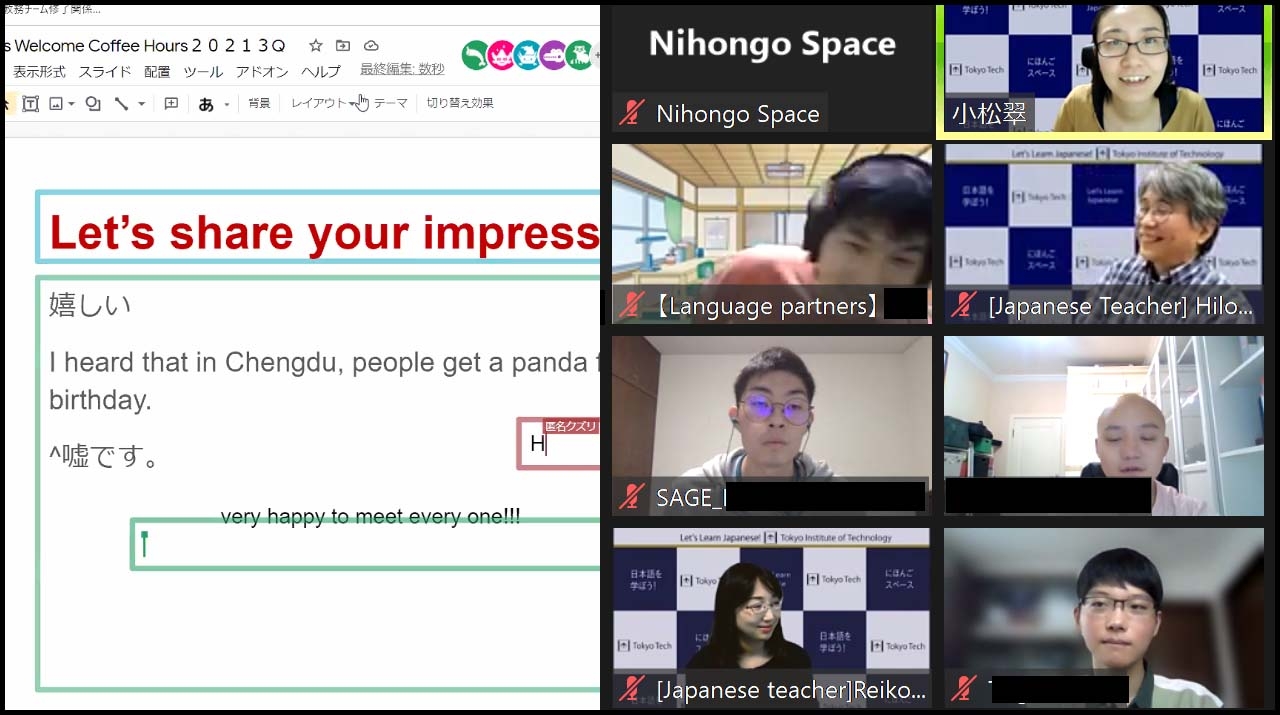
Welcome Coffee Hours brings together new international students of fall 2021
-
October 29, 2021
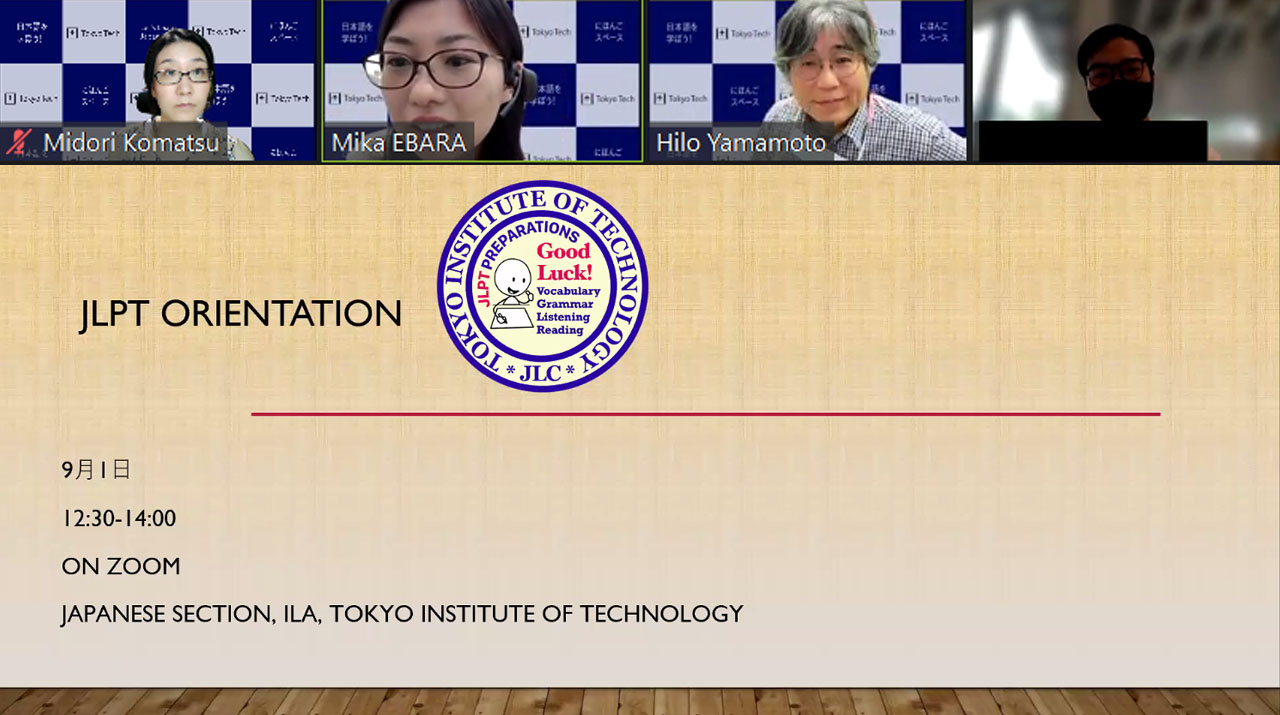
JLPT orientation held for international students
-
October 29, 2021
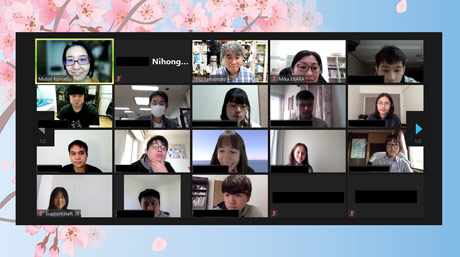
Welcome Coffee Hours held online for new international students
-
October 4, 2021
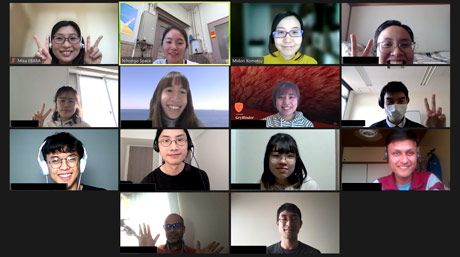
Online Open Space connects language students even during spring break
-
September 16, 2021
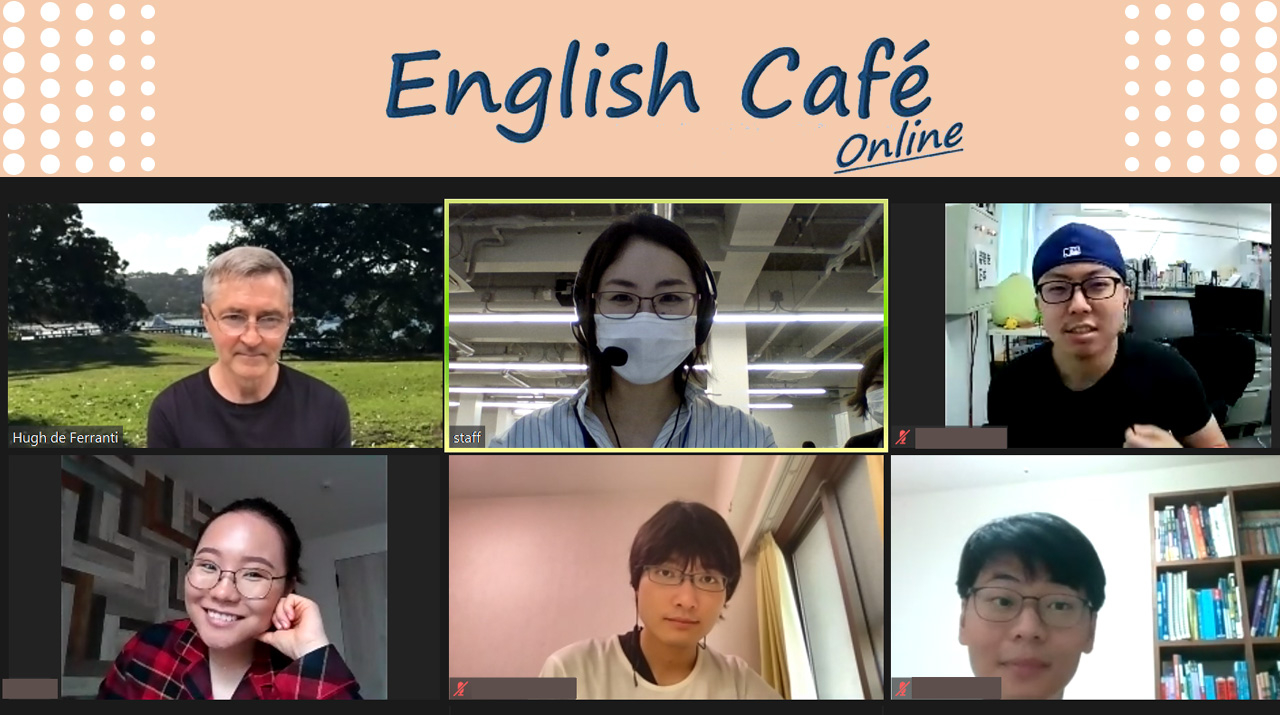
Lunchtime English Café launches online
-
April 30, 2021
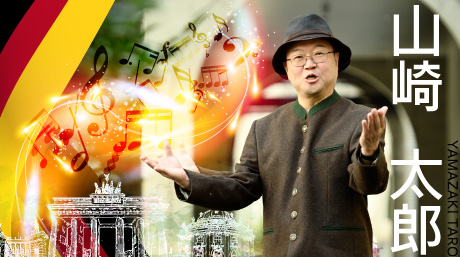
Welcome to the World of Liberal Arts, a Taste of Life
-
April 30, 2021
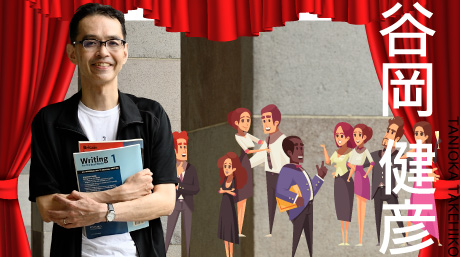
Using ‘Theater’ Performance for Communication in Classes and Local Events
-
April 30, 2021
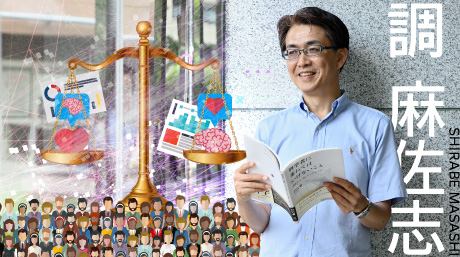
Dual-Lens Meta-Analysis of Science: Scientometrics, and Science and Technology Studies
-
April 30, 2021
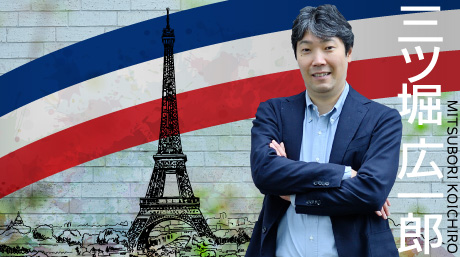
More Questions than Answers—The First Step in Liberal Arts Education
-
April 30, 2021

Intimate Relationship between Sports and Science Enhances Competitiveness of Paralympians
-
April 30, 2021
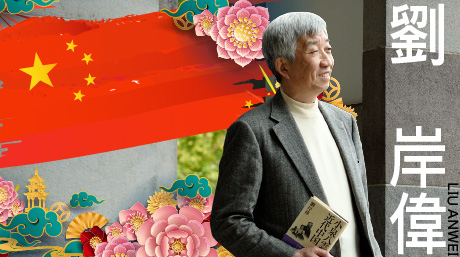
Rediscovery of Deep Links Between Japan and China: Inspiration to Cultivate Broad, Multi-faceted Perspectives
-
April 30, 2021
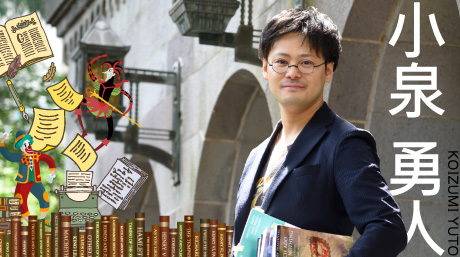
Shakespearean Films, Academic Writing Education, and English Learning Using Movies: Three Ingredients to Enrich My Research
-
April 20, 2021
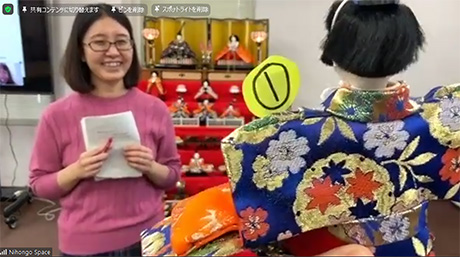
Students connect through online Hinamatsuri doll festival
-
April 19, 2021
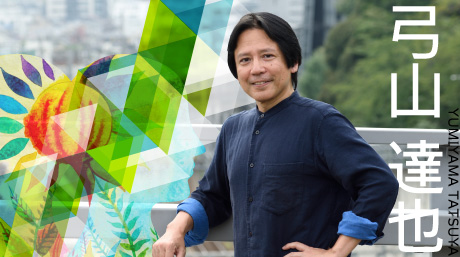
Religious Studies Deliberate Values. Being Conscious of Values Can Liberate Us
-
April 19, 2021
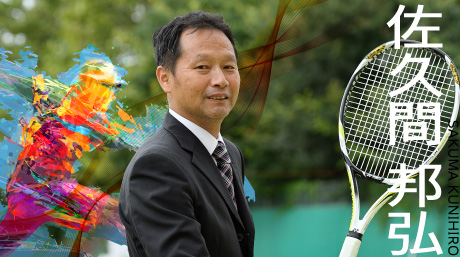
Learning about Muscle and the Importance of Exercise Makes a Difference in Life
-
April 19, 2021
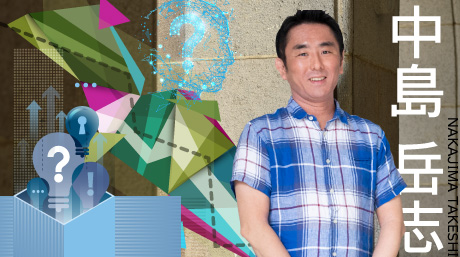
Provoking Students to Elicit Their Direction of Inquiry
-
April 19, 2021
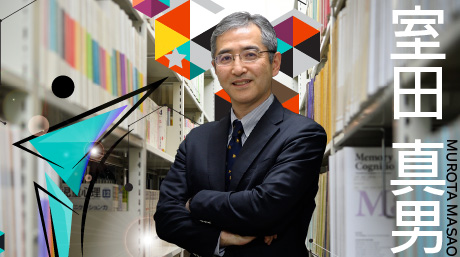
Creating a Learning Environment about Leadership
-
April 19, 2021
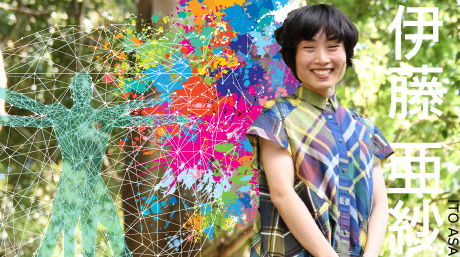
Learning the Values of Coincidence Through Art and Becoming Free from Your Need to Control
-
April 19, 2021
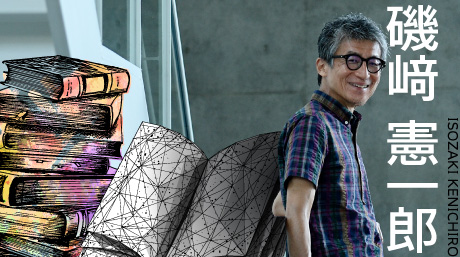
Sharing a Fascination for Novels with Students
-
April 19, 2021
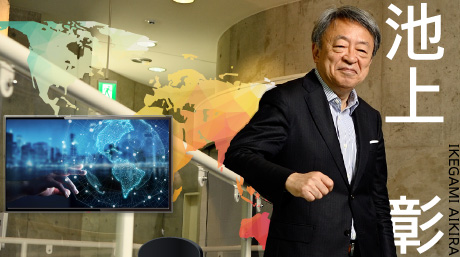
Why Tokyo Tech Students Need Liberal Arts Now—as Recommended by Akira Ikegami
-
December 12, 2019
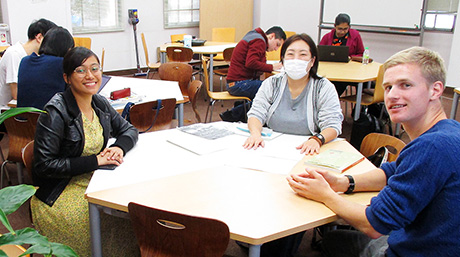
Nihongo Space offers international students Japanese language support
-
August 29, 2019
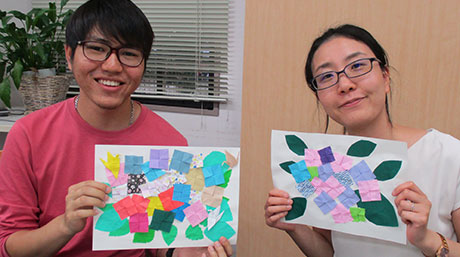
International students enjoy Welcome Coffee Hours and Japan-themed events
-
July 11, 2019
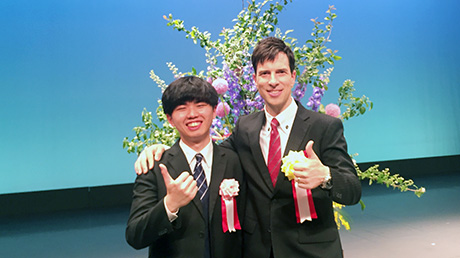
Tokyo Tech student in finals of 60th International Speech Contest in Japanese
-
January 7, 2019
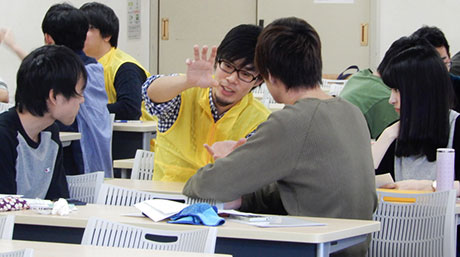
Liberal Arts Final Report illuminates students’ individual paths
-
November 21, 2018
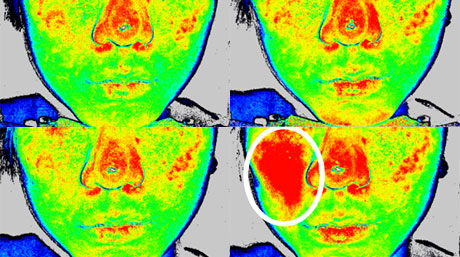
Ready for a close-up: The science behind face massage rollers
-
November 16, 2018
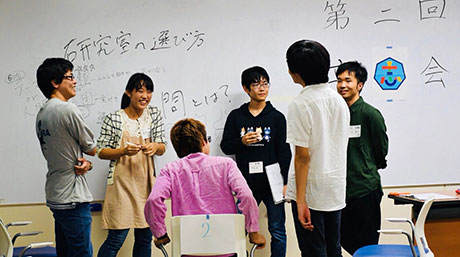
Unique student initiatives born from Tokyo Tech Visionary Project
-
November 12, 2018
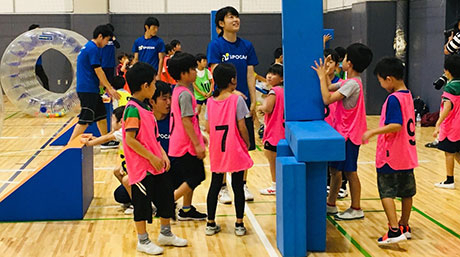
Multisport Camp for elementary school students
-
November 7, 2018
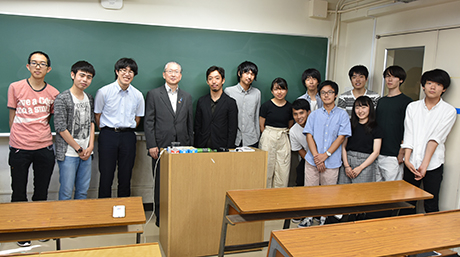
RENGO trade union leaders provide sociology lectures
-
November 1, 2018
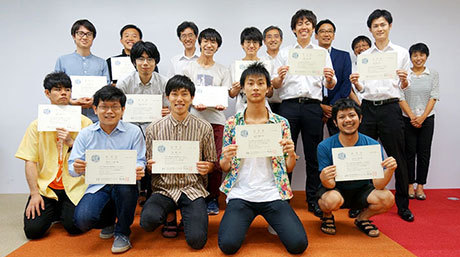
Tokyo Tech's newest Graduate Student Assistants certified
-
July 31, 2018
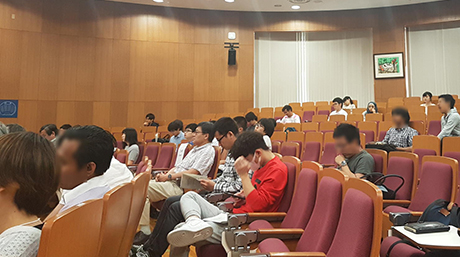
Report: Special Lecture of Tokyo Tech Liberal Arts Courses 1Q 2018, "Succession of Technology and Culture"
-
May 31, 2018
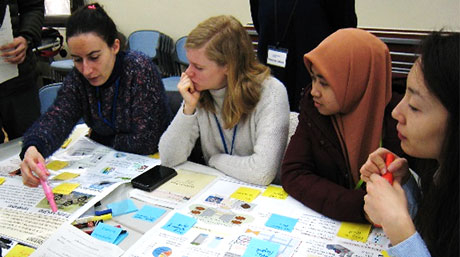
The 1st Imperial-Tokyo Tech Global Fellows Programme 2018
-
May 17, 2018
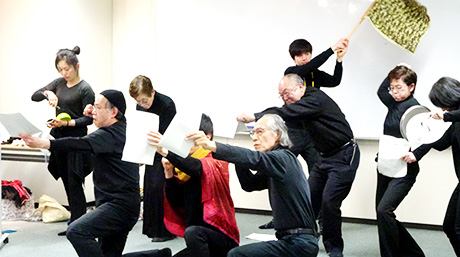
"Take a soldier, take a king" — Tokyo Tech does Shakespeare's Henry V
-
April 12, 2018
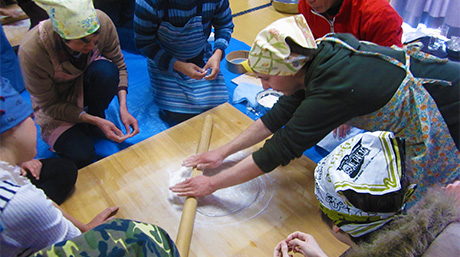
Ten years of friendship and exchange with Kakuda City
-
January 26, 2018

0.6% soy isoflavone in the diet decrease muscle atrophy
-
December 28, 2017
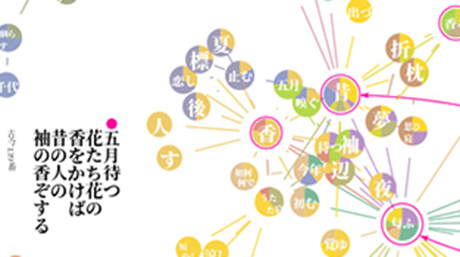
The research of Classical Poetic Vocabulary won the best poster award of the conference of Computer and Humanities 2017
-
October 31, 2017
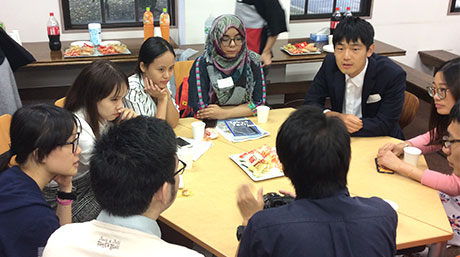
New international students welcomed during Welcome Coffee Hours
-
February 7, 2017
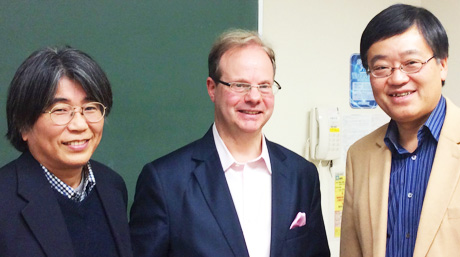
Godiva Managing Director Chouchan speaks on business and the way of the bow
-
July 20, 2016
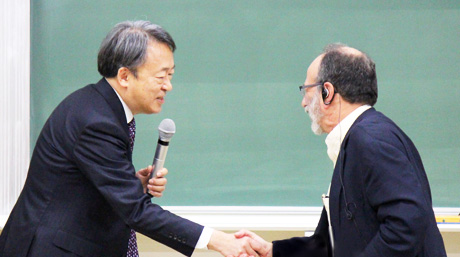
Professor Alvin E. Roth interviewed in Contemporary Society class
-
April 20, 2016
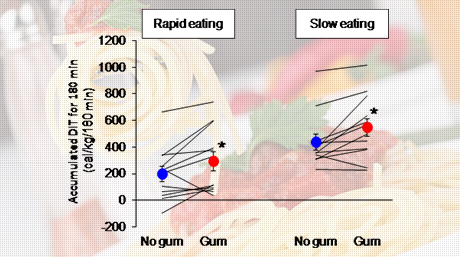
Something to chew on: how low-energy gum may help with your waistline
